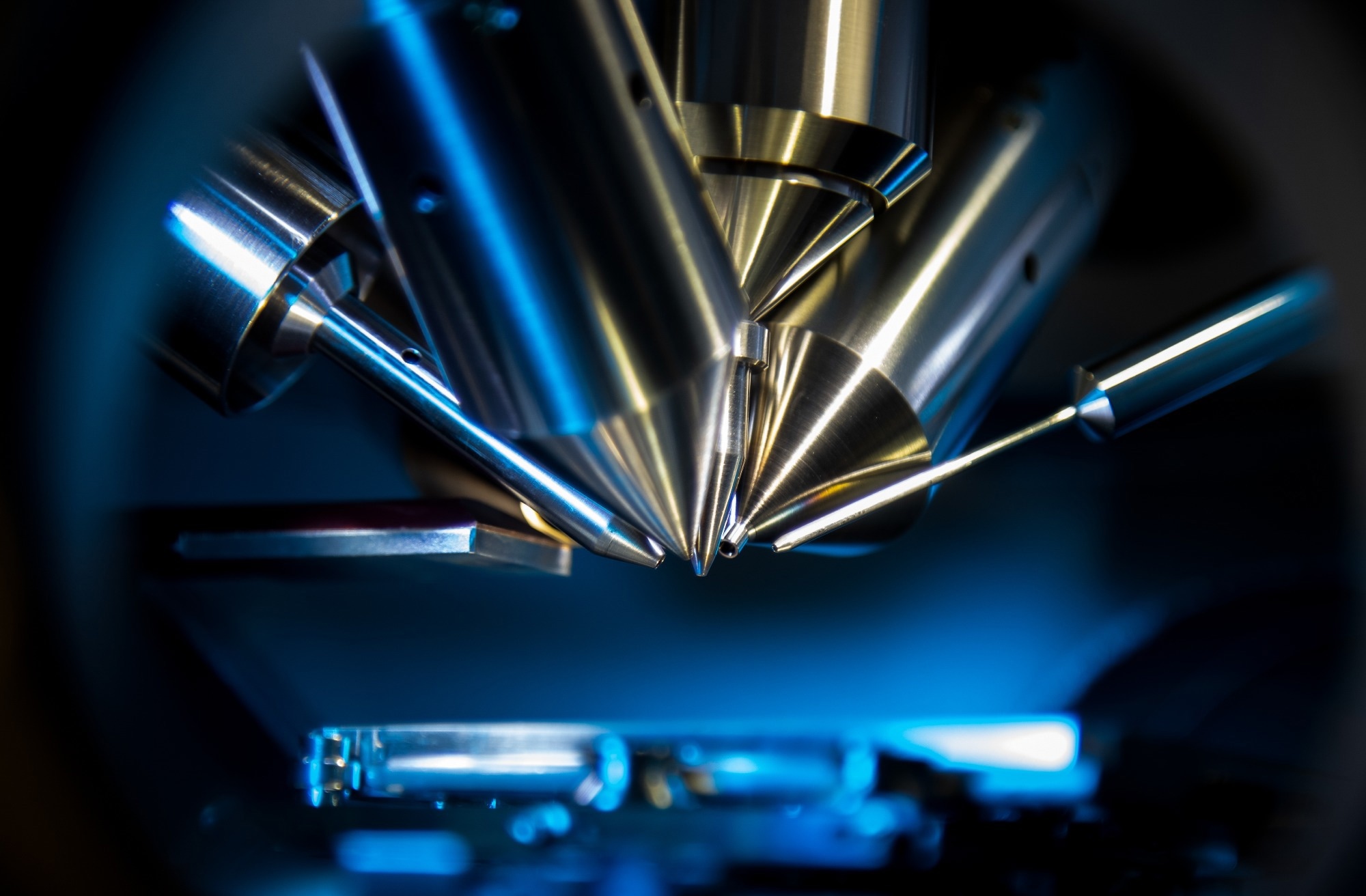Oct 24 2025
Breakthroughs in laser control, ion optics, and multimodal imaging are turning mass spectrometry imaging into one of science’s most precise molecular mapping tools.
 Image Credit: Intothelight Photography/Shutterstock.com
Image Credit: Intothelight Photography/Shutterstock.com
A new review in Analytical Chemistry from researchers at Maastricht University and collaborators outlines how a combination of optical, ionization, and instrumental innovations is driving the next generation of Mass Spectrometry Imaging (MSI).
The Study
Their paper explores progress across laser- and ion-based methods, such as MALDI, SIMS, LA-ICP, and LAESI, and highlights how improvements in beam control, detector speed, and ion optics are refining MSI’s spatial precision, sensitivity, and throughput.
MSI works by directing a focused laser or ion beam onto a sample surface to desorb and ionize molecules, capturing the resulting ions in a mass spectrometer to produce molecular maps. Each pixel represents a complete mass spectrum, enabling scientists to visualize chemical distributions without labeling.
Methods like Matrix-Assisted Laser Desorption/Ionization (MALDI) rely on a co-crystallized matrix that absorbs laser energy and aids ionization, while Secondary Ion Mass Spectrometry (SIMS) uses a primary ion beam for high-resolution elemental mapping.
The review also explored variants such as Laser Ablation Inductively Coupled Plasma (LA-ICP), Laser Ablation Electrospray Ionization (LAESI), and Desorption Electrospray Ionization (DESI), which extend MSI into elemental, ambient, and matrix-free domains.
Advances So Far
Spatial resolution in MSI continues to improve through advances in laser focusing and beam geometry. The review details the distinction between microprobe and microscope acquisition modes, where there is a trade-off between throughput and spatial precision.
Recent studies refining optics, including reflection and transmission geometries, aspherical lenses, beam homogenizers, and diffraction gratings, have facilitated spot sizes down to the micrometer scale. These developments are critical for mapping cellular heterogeneity and drug distribution in tissues.
Another recent breakthrough, MALDI-2 post-ionization, boosts ion yields by two to three orders of magnitude, pushing imaging below the one-micrometer threshold. Combined with ultrafast femtosecond and picosecond laser systems, these methods allow gentler ablation and reduced thermal damage, which is particularly valuable for analyzing sensitive biological structures.
Improvements in detector design and ion mobility spectrometry are also enhancing molecular specificity and reducing spectral overlap, while cryogenic SIMS (cryo-SIMS) and 3D MSI approaches preserve fragile species and reveal spatial organization in three dimensions.
Download your PDF now!
Going Forward
The review emphasized that MSI’s progress now extends beyond optics. New hardware designs and data acquisition strategies have drastically increased imaging speed, while multimodal methods that combine MSI with optical and electron microscopy are facilitating richer, more spatially aligned datasets.
Together, these advances are transforming MSI from a specialized analytical tool into a platform capable of comprehensive molecular imaging at cellular and subcellular levels.
By integrating complementary techniques, such as imaging mass cytometry (IMC) and multiplexed ion beam imaging (MIBI), and using faster detectors, improved throughput, and 3D reconstruction workflows, MSI is rapidly maturing into a high-resolution, high-sensitivity system for biomedical and materials research.
The authors concluded that continued collaboration among chemists, physicists, and biologists will be key to pushing the limits of this powerful technology even further.
Journal Reference
Körber, A., et al. (2025). Mass Spectrometry Imaging. Analytical Chemistry 15517, 97. DOI: 10.1021/acs.analchem.4c05249, https://pubs.acs.org/doi/full/10.1021/acs.analchem.4c05249